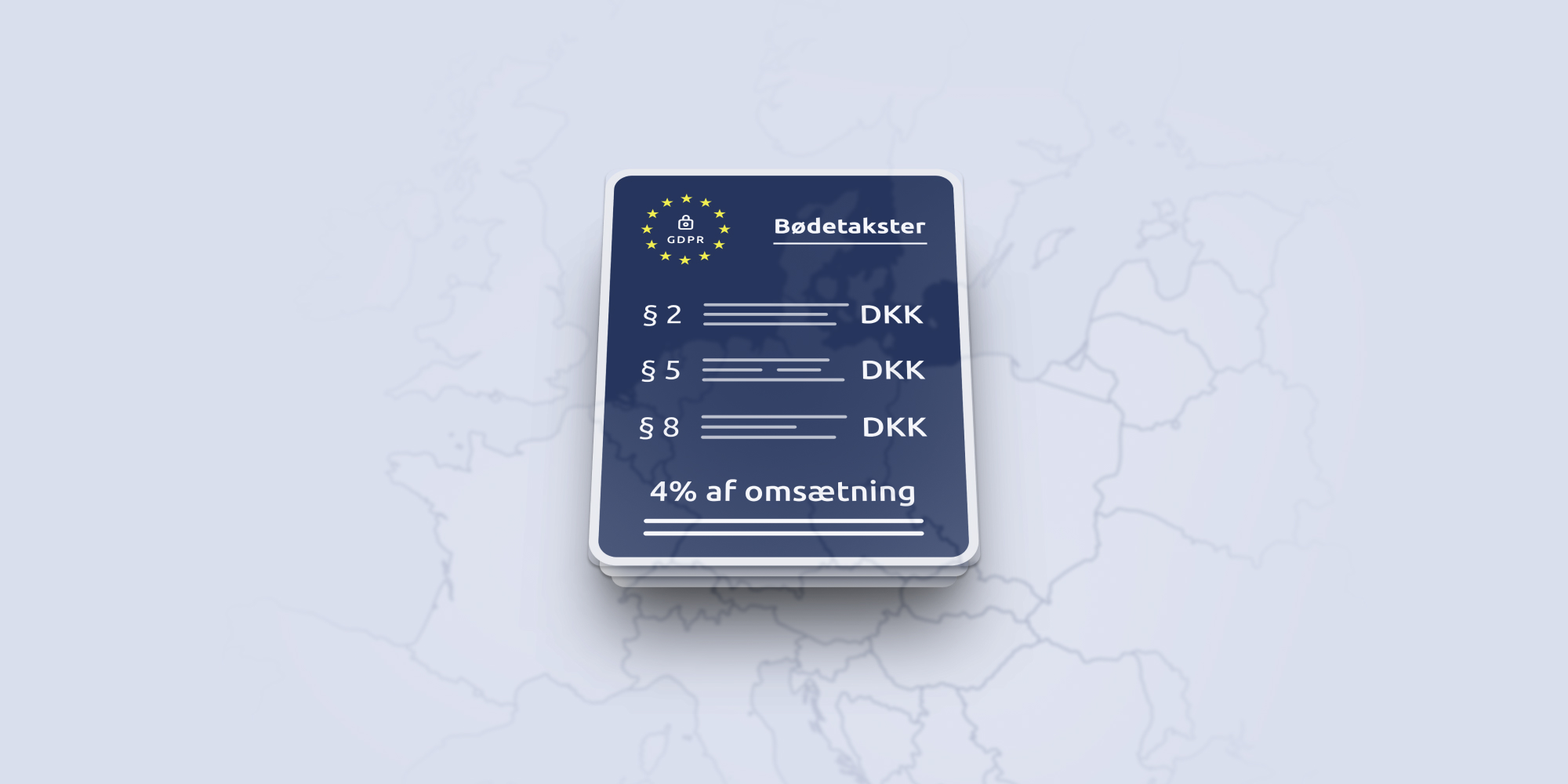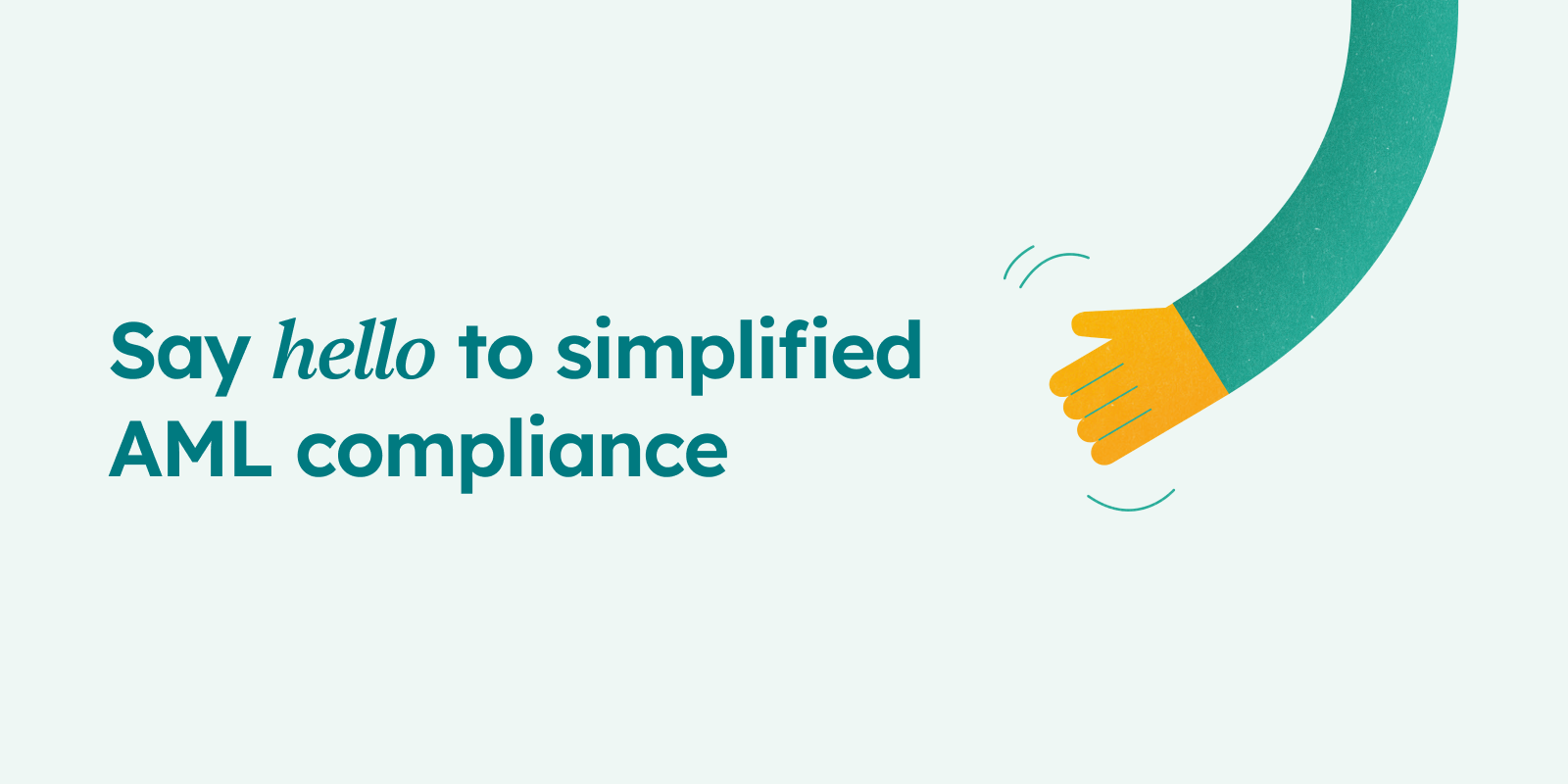1 min read
Creditro takes over KYC from Penneo
As part of Visma’s ambition to build world-class digital solutions, a strategic decision has been made to sharpen the focus of its portfolio...

Organisations that process the personal data of EU citizens must comply with the GDPR requirements. This includes obtaining explicit consent from individuals before collecting and processing their personal data, implementing appropriate technical and organisational measures to ensure the security and confidentiality of personal data, and providing individuals with the right to access their personal data and request its deletion.
The consequences of non-compliance with GDPR can be severe for organisations and companies. If an organisation fails to comply with the GDPR requirements, it can face significant fines of up to 4% of its global annual revenue or €20 million, whichever is greater. This penalty can be imposed for any violation of GDPR, such as failing to obtain proper consent, failing to implement appropriate technical and organisational measures to ensure data security, or failing to report a data breach within the required time frame.
In addition to the financial penalties, non-compliance with GDPR can also lead to reputational damage for an organisation. In today's world, data privacy and protection have become increasingly important to individuals, and any news of data breaches or violations can significantly impact the public's trust in an organisation. The reputational damage can result in the loss of customers, a decrease in sales, and even legal actions against the organisation.
Therefore, it is essential for organisations and companies to take GDPR compliance seriously and to implement all necessary steps to ensure they comply. This includes conducting a data audit to identify areas of non-compliance, developing a data protection policy, obtaining proper consent from data subjects, implementing appropriate technical and organisational measures, developing a data breach response plan, conducting employee training and awareness, and appointing a Data Protection Officer (DPO) where necessary. By taking these steps and maintaining GDPR compliance, organisations can avoid the severe consequences of non-compliance and maintain the trust of their customers and the public.
Organisations can ensure GDPR compliance by taking several steps. First, they must identify the personal data they process, why they process it, and where it is stored. They must also assess the risks associated with processing personal data and implement appropriate technical and organisational measures to mitigate those risks.
Organisations must obtain explicit consent from individuals before collecting and processing their personal data. They must also provide individuals with the right to access their personal data, correct any inaccuracies, and request the deletion of their data in certain circumstances.
GDPR compliance is a complex process that involves various steps and requires organisations to implement appropriate technical and organisational measures to ensure the security and confidentiality of personal data. The following are the steps involved in GDPR compliance:
In conclusion, GDPR compliance involves various steps, including conducting a data audit, developing a data protection policy, obtaining consent from data subjects, implementing appropriate technical and organisational measures, developing a data breach response plan, conducting employee training and awareness, and appointing a DPO where necessary. Organisations must ensure that they comply with the GDPR requirements to avoid significant fines and reputational damage.

1 min read
As part of Visma’s ambition to build world-class digital solutions, a strategic decision has been made to sharpen the focus of its portfolio...

3 min read
When you are subject to AML regulations, there are several tasks you need to complete annually. An annual compliance plan can help you stay on top of...

3 min read
AML compliance can be a hassle, but we don’t think it has to be that way. That’s why we’re proud to finally introduce our new brand, which reflects...